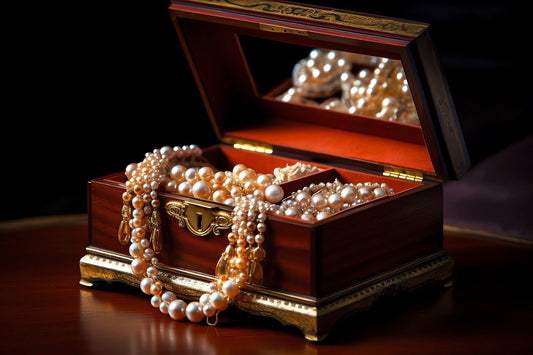I think what you write correlates with our loss of appreciation for just how difficult the metric of "quality" is. In this age, where companies like Apple and PSA have set a customer experience standard so high, so many consumers take such quality for granted. Gone are the days when craftsmen mutually respected the work of others because each knew how hard it was to succeed. Each person—farmer, laborer, homeworker, hunter, carpenter—knew how hard everything was. Now, for most, life is pushing buttons and receiving what should be thought of as magic. But we have made it mundane. And what we have not made mundane, we have often homogenized to the point where its possibility of excellence has been all but lost.The move towards homogenisation began about one hundred years ago as craftsmen faded in the light of mass produced goods. At one time every part in a machine was handmade and craftsmen were needed to build and repair them. For example, the first hi fi equipment was all hand wired, some with skill, many without, until the invention of the printed circuit board (PCB). In fact, PCBs that we would recognize didn't come into use until after World War II. In 1925, Charles Ducas of the United States submitted a patent application for a method of creating an electrical path directly on an insulated surface by printing through a stencil with electrically conductive inks. Hence the name "printed wiring" or "printed circuit." An Austrian scientist, Dr Paul Eisler, is credited with making the first operational printed wiring board in 1943. It was used as a replacement for bulky radio tube wiring. In the 1950s few hand wiring craftsmen were left to build our stereos. They were replaced by the printed circuit which encourages sameness. And yet... It takes an equally skilled artist to design a proper circuit board as it does to wire one by hand. And while much has been lost to the Gods of the mundane, I believe craftsmanship has not gone away, it has only moved. By supporting artists, craftsmen and those among us that care about quality, you breath life into the art of excellence.
The race for sameness
by Paul McGowan
In response to yesterday's post, reader Greg Hammond wrote this to me:
- Choosing a selection results in a full page refresh.
- Opens in a new window.








